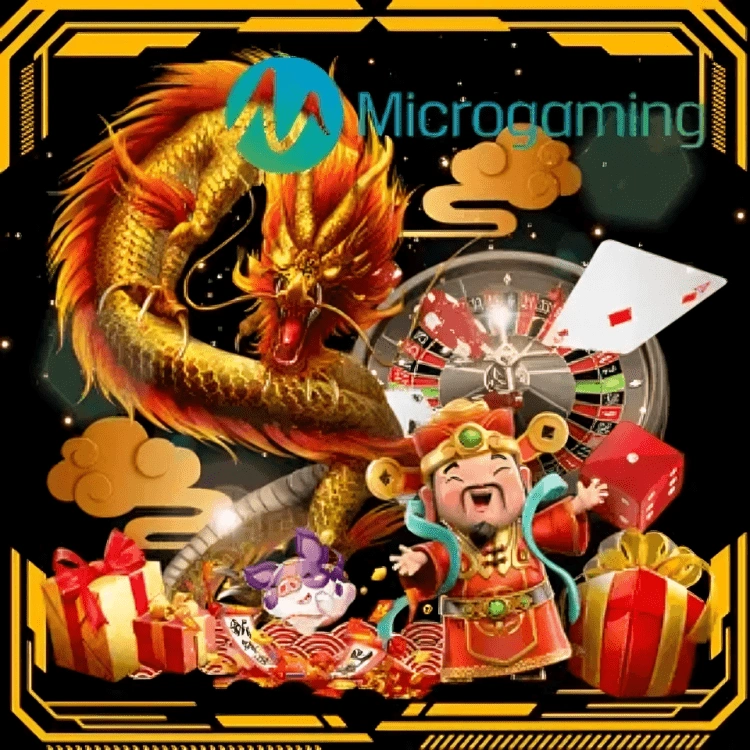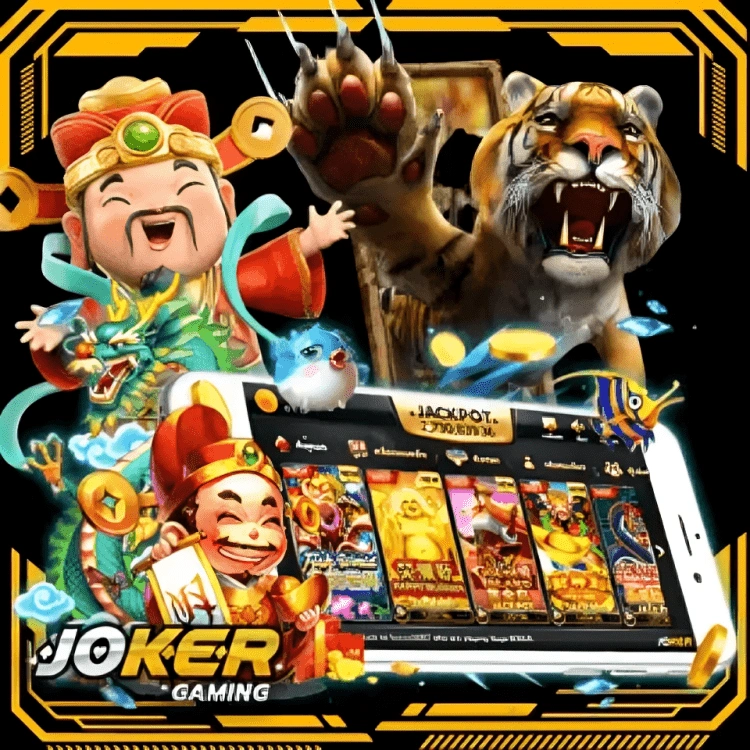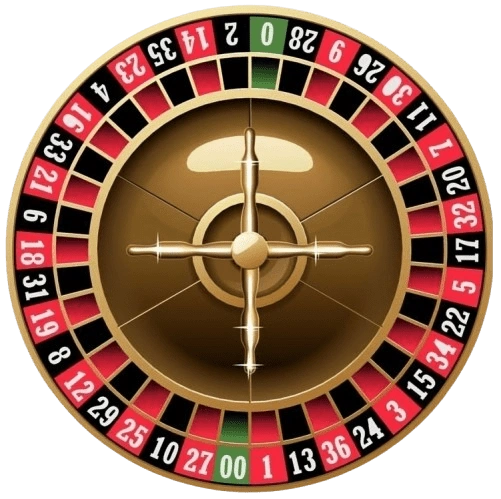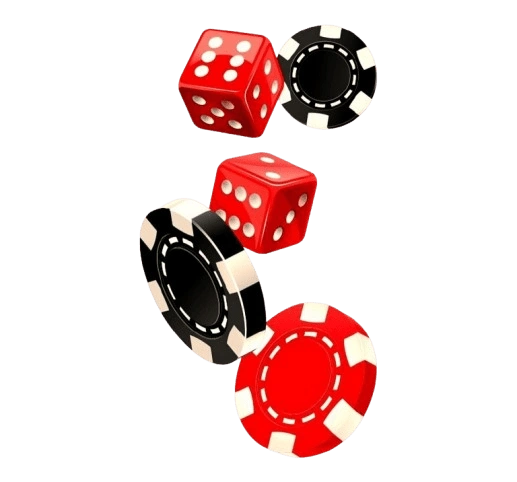November 27, 2025
No Comments
The PlayStation brand has shaped the world of gaming in countless ways, influencing everything from game design philosophy to global entertainment culture. Its consoles, both handheld and home-based, have produced generations of fans who view PlayStation games not just as pastimes but as meaningful forms of art. The platform’s continuous innovation and dedication to excellence have resulted in some of the best games ever produced, solidifying slot gacor hari ini server luar PlayStation’s role as a titan in the gaming industry.
The PSP played a crucial role in expanding PlayStation’s global footprint. With its sleek design and powerful capabilities, the handheld quickly gained popularity among players who wanted portability without sacrificing quality. PSP games delivered deep gameplay, memorable characters and impressive graphics, setting a new benchmark for handheld entertainment. Titles such as Jeanne d’Arc, Tekken: Dark Resurrection and Valkyria Chronicles II demonstrated the PSP’s versatility, offering everything from strategic battles to fast-paced combat and emotional storytelling.
As gaming technology advanced, PlayStation transitioned gracefully into new eras of innovation. Modern consoles like the PS4 and PS5 expanded the boundaries of realism, offering unparalleled detail, fluid animations and worlds that feel alive. Some of the best games in today’s industry come from the PlayStation ecosystem, demonstrating the platform’s consistent ability to inspire groundbreaking creative work. Titles such as Ghost of Tsushima, Returnal and Demon’s Souls captivate players with stunning visuals, layered storytelling and expertly crafted gameplay mechanics.
PlayStation’s commitment to player immersion sets it apart from other gaming platforms. Advanced features such as haptic feedback, adaptive triggers and 3D audio transport players into the heart of the action. These innovations make gameplay more tactile and emotionally engaging, enhancing the impact of every moment. This level of immersion reflects the same dedication that defined earlier handheld innovations, including the intuitive controls and dynamic experiences delivered by PSP games.
Another key element of PlayStation’s influence is its ability to cultivate a global community. Fans from around the world celebrate PlayStation games through online discussions, fan art communities, cooperative gameplay sessions and streaming platforms. This sense of worldwide connection reinforces the cultural importance of PlayStation and keeps both old and new titles relevant. The shared enthusiasm ensures that even early PSP games continue to be appreciated and remembered by players of all ages.
PlayStation’s diverse game library also contributes to its lasting success. ThThe PlayStation brand has shaped the world of gaming in countless ways, influencing everything from game design philosophy to global entertainment culture. Its consoles, both handheld and home-based, have produced generations of fans who view PlayStation games not just as pastimes but as meaningful forms of art. The platform’s continuous innovation and dedication to excellence have resulted in some of the best games ever produced, solidifying PlayStation’s role as a titan in the gaming industry.
The PSP played a crucial role in expanding PlayStation’s global footprint. With its sleek design and powerful capabilities, the handheld quickly gained popularity among players who wanted portability without sacrificing quality. PSP games delivered deep gameplay, memorable characters and impressive graphics, setting a new benchmark for handheld entertainment. Titles such as Jeanne d’Arc, Tekken: Dark Resurrection and Valkyria Chronicles II demonstrated the PSP’s versatility, offering everything from strategic battles to fast-paced combat and emotional storytelling.
As gaming technology advanced, PlayStation transitioned gracefully into new eras of innovation. Modern consoles like the PS4 and PS5 expanded the boundaries of realism, offering unparalleled detail, fluid animations and worlds that feel alive. Some of the best games in today’s industry come from the PlayStation ecosystem, demonstrating the platform’s consistent ability to inspire groundbreaking creative work. Titles such as Ghost of Tsushima, Returnal and Demon’s Souls captivate players with stunning visuals, layered storytelling and expertly crafted gameplay mechanics.
PlayStation’s commitment to player immersion sets it apart from other gaming platforms. Advanced features such as haptic feedback, adaptive triggers and 3D audio transport players into the heart of the action. These innovations make gameplay more tactile and emotionally engaging, enhancing the impact of every moment. This level of immersion reflects the same dedication that defined earlier handheld innovations, including the intuitive controls and dynamic experiences delivered by PSP games.
Another key element of PlayStation’s influence is its ability to cultivate a global community. Fans from around the world celebrate PlayStation games through online discussions, fan art communities, cooperative gameplay sessions and streaming platforms. This sense of worldwide connection reinforces the cultural importance of PlayStation and keeps both old and new titles relevant. The shared enthusiasm ensures that even early PSP games continue to be appreciated and remembered by players of all ages.
PlayStation’s diverse game library also contributes to its lasting success. The platform supports an enormous variety of genres and styles, ensuring that every player finds something that suits their preferences. From atmospheric horror to colorful platformers, from emotional narratives to high-speed racing, the library includes some of the best games ever made. This diversity underscores the platform’s commitment to supporting creativity and giving developers the freedom to explore new ideas.
In conclusion, PlayStation’s global impact is the result of decades of innovation, creativity and player-focused design. From pioneering PSP games to modern cinematic masterpieces, the brand continues to produce experiences that captivate millions. Its dedication to excellence ensures that PlayStation remains home to the best games in gaming history, shaping the medium and inspiring players around the world.e platform supports an enormous variety of genres and styles, ensuring that every player finds something that suits their preferences. From atmospheric horror to colorful platformers, from emotional narratives to high-speed racing, the library includes some of the best games ever made. This diversity underscores the platform’s commitment to supporting creativity and giving developers the freedom to explore new ideas.
In conclusion, PlayStation’s global impact is the result of decades of innovation, creativity and player-focused design. From pioneering PSP games to modern cinematic masterpieces, the brand continues to produce experiences that captivate millions. Its dedication to excellence ensures that PlayStation remains home to the best games in gaming history, shaping the medium and inspiring players around the world.










